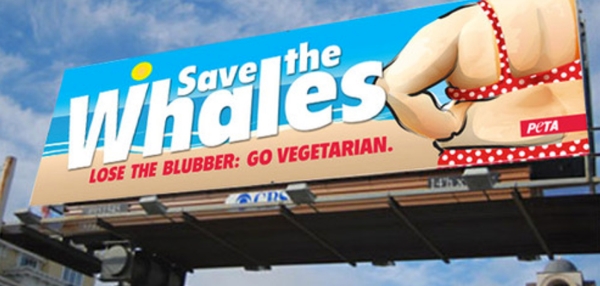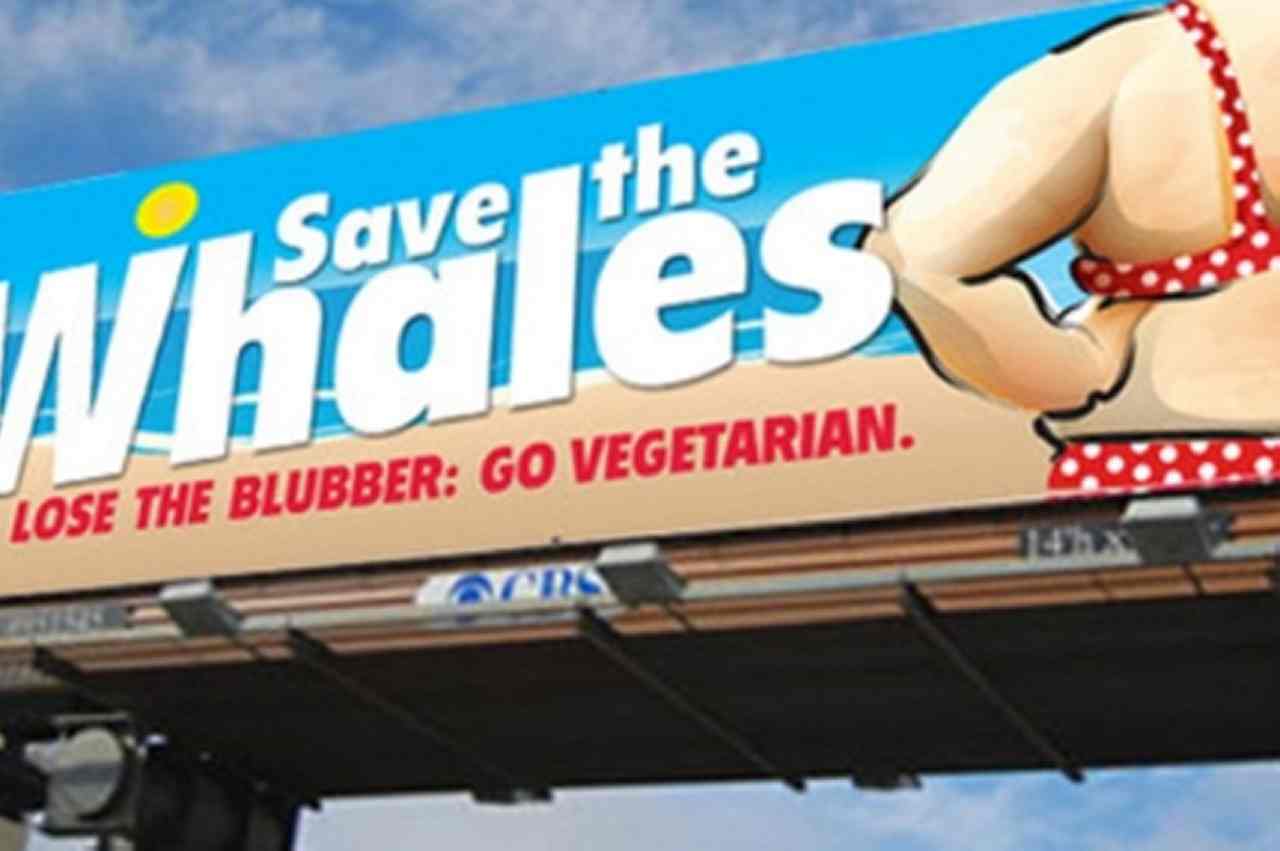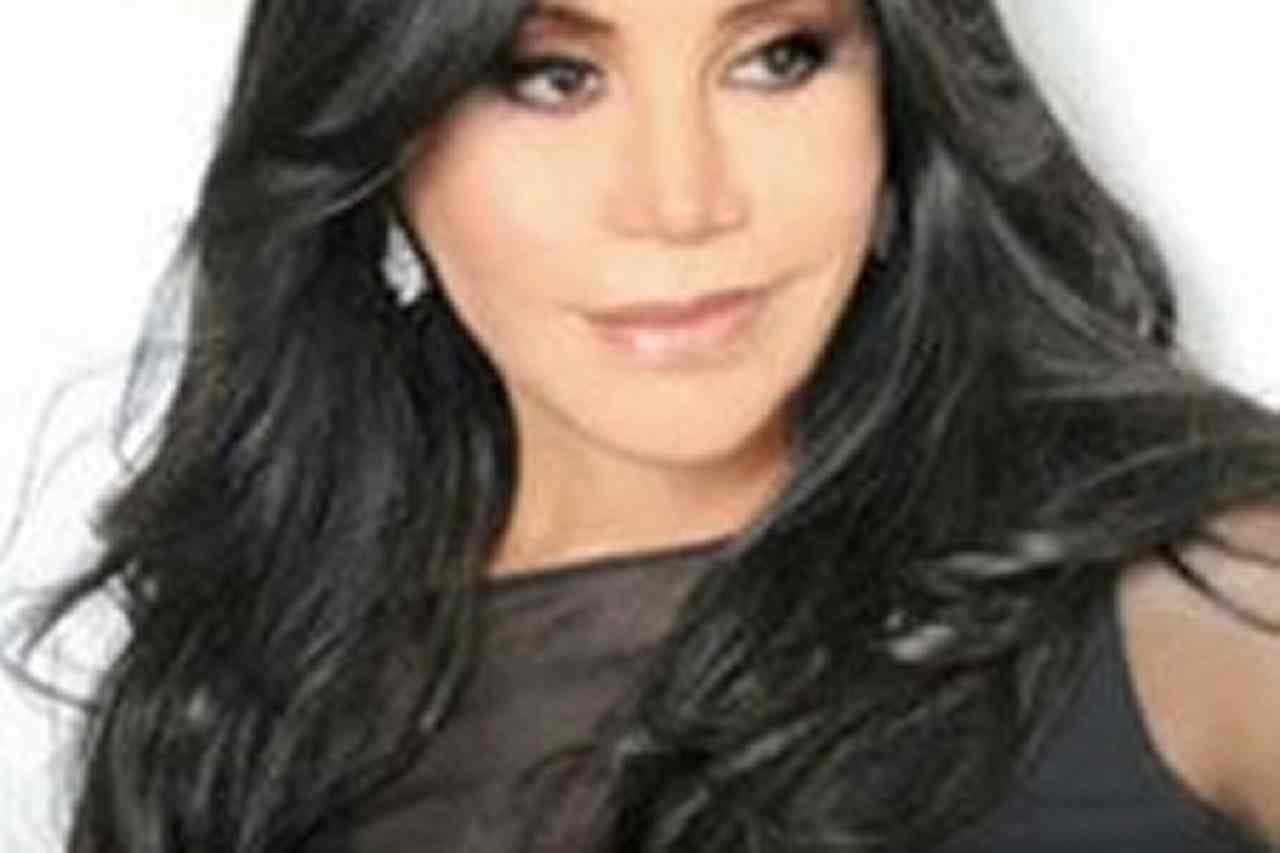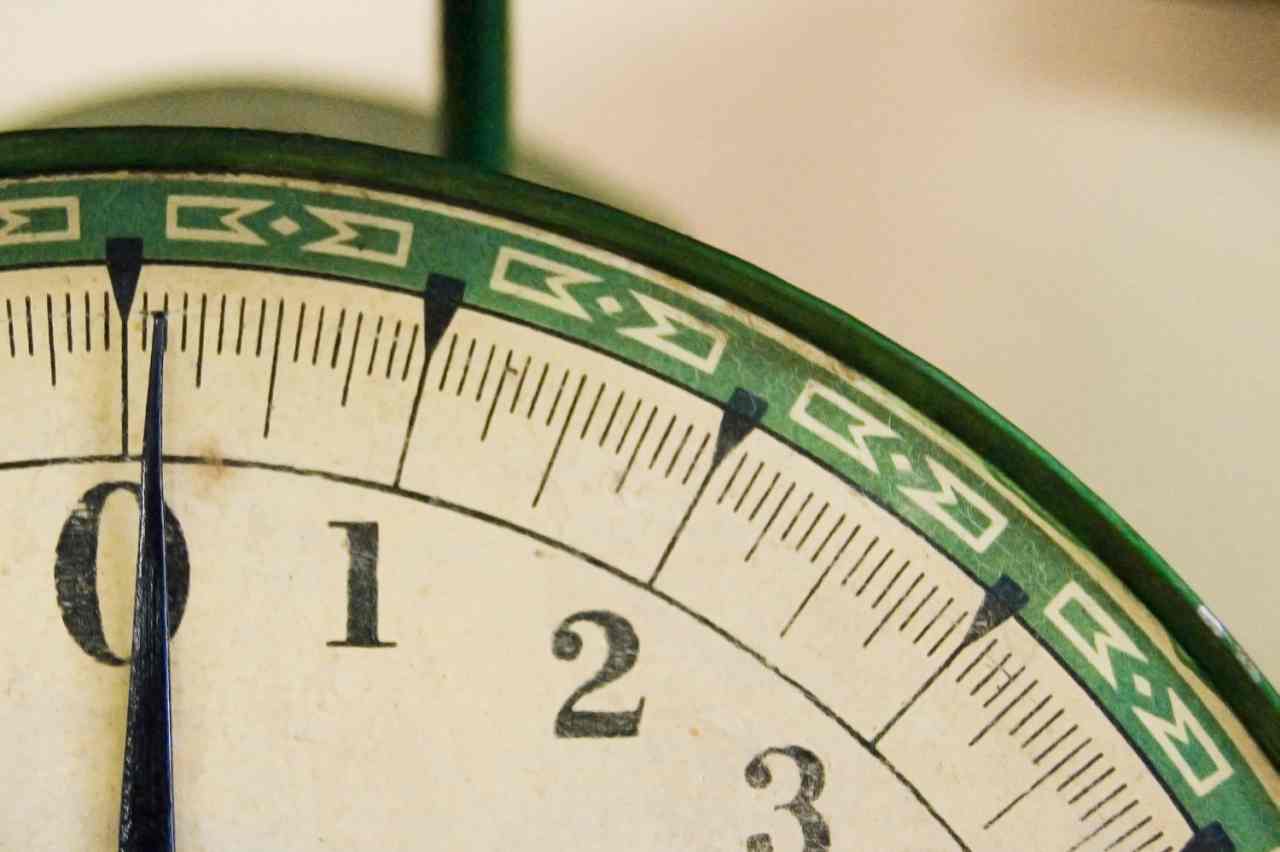The smaller I get, and the more I read, the more adamant I become about my stance regarding body-shaming in general. We place a lot of value on women’s bodies falling within a very thin margin of “acceptability” – thin, lean, not muscular, petite, “feminine” – to the point where we literally decide things like career promotion, graduate school admissions, and even whether or not someone should speak to you… all based on size.

I received a comment on this post, almost a month ago, from someone by the name of “Trevor,” and I’d left the comment in moderation for so long simply because I couldn’t decide whether or not I wanted to mentally accept giving airspace to this kind of stupidity.
Alas, I’m going to publish it here instead, because I think it now serves a point:
I’m not sure about the “hair” excuse but you must admit that there are very few regulars (sisters) at the gym. I moved from San Diego CA to Manhattan NY and I never see any sisters who workout consistantly. Maybe the answer is some people (male and female) just don’t want to workout. Brothers want to be seen as strong and muscular so for some of us that is our motivation. Even among brothers not to many of us workout our legs or do cardio.
I believe the blame falls on us (black men). It’s very easy for a 202lbs, 5’4″ sister to get a brother so where is her motivation? You have to be committed to working out and some schedules just do not allow for such a commitment. I love the gym and feel weird if I miss to many days in a week. On a completely unrelated note I met my wife (yes she’s white) at a gym.
And, as I wrote this, I received this comment on a post about Gabourey “Gabby” Sidibe, recently of American Horror Story: Coven fame:
If nothing else it’s a health issue. It doesn’t look nice. It would be like letting an alcoholic continue to drink. The strain on her heart and lungs is not good. Ask Dr. Drew, I think he would agree.
Dr. Drew, huh? Well, then.
And, this morning, Amber sent this video to me of what appears to be a raw vegan telling you how unhealthy, fat, nasty and gross you are, as a fat person. If I could sigh louder and harder, I would. I promise, I would.
This is what it looks like, when we try to use shame as a controlling agent in society. This is what it looks like when we try to control behavior through making someone feel like less than a human being for not complying.
When I wrote about Tyrese being a scumbag, uh…saying some very nasty things about overweight women in my column for EBONY.com, I received countless hateful comments about how much of an assh-le I was, how it was okay for Tyrese to say such horrible things because he was right – their words, not mine – and, well, take a look at a comment or two that I received there:
Tyrese could have (& probably should have) worded his statement better & been more respectful or nicer BUT what he said is true, because too many people are overweight or obese especially here in anything goes America. Fat is not healthy, cute, sexy nor pretty & that’s a fact not an opinion. Nothing looks good about someone who is the size of 3 people due to greed, overeating, never exercising & eating/drinking unhealthy crap. It wud b a nightmare 4 me too if I dreamed about a 300 pound man or woman all up on me. People love lying 2 themselves & saying BS like being fat is okay when hell no it’s not. A fat body is un unattractive & unhealthy body. Period.
Excerpted from Tyrese and the Futility of Fat Shaming | A Black Girl’s Guide To Weight Loss
…and…
I honestly think they have a right. Boris Kodjoe doesn’t find overweight women attractive and thats just how he feels. He could also say he doesnt like women with kids and no husband. That’s him and how he feels. It’s only shaming if someone allows it to be. Which doesnt seem like it’s doing much because obesity rates are still high. Many women who are overweight are trying not to be which is good so in some way what they are saying must not be too far from wrong.
Excerpted from Tyrese and the Futility of Fat Shaming | A Black Girl’s Guide To Weight Loss
…because apparently, if you deviate from certain standards that Americans deem acceptable, you’re deserving of this kind of treatment (see: “he could also say he doesn’t like women with kids and no husband.”)
Shame is a silencing tactic. It naturally shuts down engagement – that’s inherently the point. No one wants to hear your excuses of why you’re fat, because if we actually listened, then we’d have to change the way we think, the policies we support, the medicines we promote, the regulations we enact, and the way we value people and ourselves. If we actually listened to people who are different and listened to their stories of managing that difference, we might have to actually learn that it’s okay to be different.
Because shame shuts down engagement, it also dually shuts down community, partnership and – yep, you guessed it – love. Both because the person being shamed doesn’t think they’re deserving of love, but because now the shamers take it as their duty to deny you of love or esteem. That’s why the dude above think it makes sense to say “It’s too easy for fat women to get men, so of course she doesn’t have motivation” – because apparently loneliness should be a motivator for weight loss. He also offers up his white wife as proof that women at the gym get married, making sure to tell us that she is white. Because that was central to his point. Somehow. Or something.
Funny enough, my [dare I say, elite?] Manhattan gym is full of black women – both as trainers and members, both married and otherwise. Since that’s an entirely unrelated rant, I’m going to politely digress.
Also, because shame is a successful silencing tactic, shame also leaves us open for abuse. That’s why people believe it’s fair and acceptable and necessary for people to say hateful things about fat people. It’s deserved – they couldn’t possibly know all these things that they’re being beaten over the head with – otherwise, why would they be fat? It’s not possible that, at any given moment, a person who’s 255 today was actually 285 last season and they’re busting their ass after work every day. In a world where shame is king, there are only two static points: deserving of shame, and deserving of the right to shame others.
And, don’t you dare get any bright ideas about defending yourself. A shaming society is already ready for whatever little defense you’ve already cooked up. “Oh, but your blood panels came back and you’re all healthy? BUT YOU’RE STILL UNATTRACTIVE. IT JUST DOESN’T LOOK GOOD.”
Shame as a control mechanism requires denying privileges to people who reject the pressure to comply. So, when you read research about fat people being denied jobs, being denied promotions at the jobs they’ve got, and being denied entry to the very schools and programs that’d prepare them for those jobs, you should know that this, too, is a result of shame as a control mechanism. Let’s face it – your salary is a corporate understanding of how much they’re willing to pay you in order to keep you from taking your talents to another company. Tying your weight to that is an implication that you are somehow devalued as an asset because you’re fat. You won’t be worth more to us until you lose weight. Again, shame as a control mechanism.
In that stupid, stupid video, Miss 30 Bananas a Day claims early that talking about how she’s “here to help people,” yet believes it is dangerous to “love yourself as you are” and encourage that self-love in others. Shame as a control mechanism wants to tell you how to feel about yourself until you fall in line with what the masses believe is acceptable for you. Never mind the fact that “loving yourself as you are” does not mean, in any way, shape or form, that you shouldn’t grow, change, or become healthier – in fact, loving yourself as you are demands that you search for ways to be the best person you can be, and chart a healthy, sane, sensible and reasonable method of getting there. “Loving yourself as you are,” it should be noted, demands that however you decide to change, that you do so with your physical and mental well-being in mind. Why would you try to deny someone else the space to experience that, unless you were personally invested in their self-hatred?
Shame as a control mechanism also chooses who can – and should – be granted visibility, and who should be hidden away. So, no… your silly little requests for Barbie dolls with triple chins or no, with rolls or no, with thighs that rub together or no? Why are you even asking? Your silly little requests for more Black people — uh, I mean, fat people in television shows where their fatness isn’t a punchline? What makes you think we’d even bother? Why should your requests be catered to? Why should you be included? You’re different.
Shame doesn’t want you to feel good about yourself… doesn’t want you to be seen, either. Shame, ironically, is also why you’re afraid to go to the gym. Funny how that happens.
For people who believe that shame, beating people over the head with pseudo-concern, and encouraging self-hatred are how to “give people a wake up call,” let me assure you: no method of encouragement is better than providing people with love, support, resources, and encouragement. In fact, unless your criticisms are going to come paired with these – and I mean all of these – then you should consider yourself neither equipped nor authorized to share them. If you think it is acceptable to air your criticisms in a way that isn’t tailored to the emotional needs of the recipient, then consider yourself neither equipped nor authorized to share them. If you think “tough love” is anything other than a justification for foregoing basic consideration and compassion, then seriously… just don’t.
(And, I am well aware that there are people who respond positively to that brutal, demeaning, debasing kind of “tough love” where people call you names, break you down, and crush you until you believe what they want you to believe, but it should be made clear that this isn’t a healthy way to approach any major change in life. Not even close.)
I said, earlier, that the smaller I get, the more conscious of body-shaming – especially fat-shaming – I’ve become, because I’ve noticed that even as I shrink down to what you’d believe is acceptable to society, I’m still criticized, but for different things. My shoulders are too broad, my ass is too large, my hips too wide, all by people who know nothing about me, my journey, or my progress. Being criticized for my shoulders? That was new. I will never be “safe” from being criticized, even when I most expected to be. Not because I was “still fat,” but because a culture of shame requires that you understand that you’re never safe. There will always be something to shame and silence you… even the broad shoulders that you initially worked so hard for.
And that’s the funny thing about shame. The commenter above said “It’s only shaming you if you let it.” That’s only half-true. The way I receive a comment about my size or my build doesn’t change the fact that the intention was still to make me feel bad about my body. What I can do, however, is develop the ability to call this behavior out for what it is – an attempt to make me feel bad about who I am and where I am in my life – and I can reject the effects it tries to have over me. I can laugh at someone’s need to control how I view myself. I can acknowledge, in a positive fashion, that I am on my own journey of love and self-discovery, and no one has the right to make me feel bad about that.
It doesn’t require an outward and open display of rebellion. In fact, smiling at a shamer while shaking your head and changing the subject, drawing a clear boundary line, and/or walking away are often the strongest forms of resisting outward pressure. And, if something that was said hurts your feelings, you remind yourself – “I am on my own journey, and I’ll get where I’m going eventually… with the love, support, and encouragement of the people who love me in the healthiest way possible.” The strongest weapon against shame is a developing sense of self-love. No weapon formed against that can prosper, not even shame.
*This post was largely inspired by Brene Brown’s awesome pair of books, Daring Greatly and The Gift of Imperfection. As one of my favorite e-boos would say, please go get you a piece. She’s fantastic. (And, if you use my links to buy your copy, BGG2WL gets a few pennies of your sale.)





